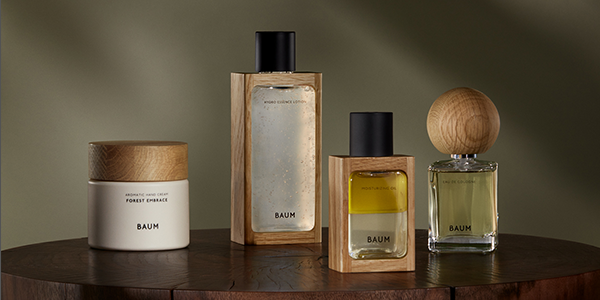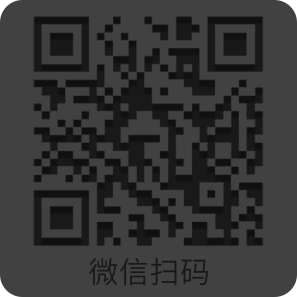- 2022-03-15
- 阅读量:3037
- 来源| Cosmetic Business Online
- 作者|Zhu Cong
The Shiseido Group sold off a number of mass market brands and exited the competitive affordable skincare market. The Shiseido Group is concentrating on the high-end market, and in the spring of 2022 it will once again increase input in the field of clean beauty through a new brand, Udé, which has been incubated for two and a half years.
According to recent foreign media reports, a new brand Udé will join Shiseido's Drunken Elephant and BAUM in Shiseido's clean and sustainable beauty team.
Udé Will be Launched
“We have spent two and a half years building a sustainability team in Europe to explore the development project, and this spring we will launch a brand called Udé, which uses all-plant ingredients."
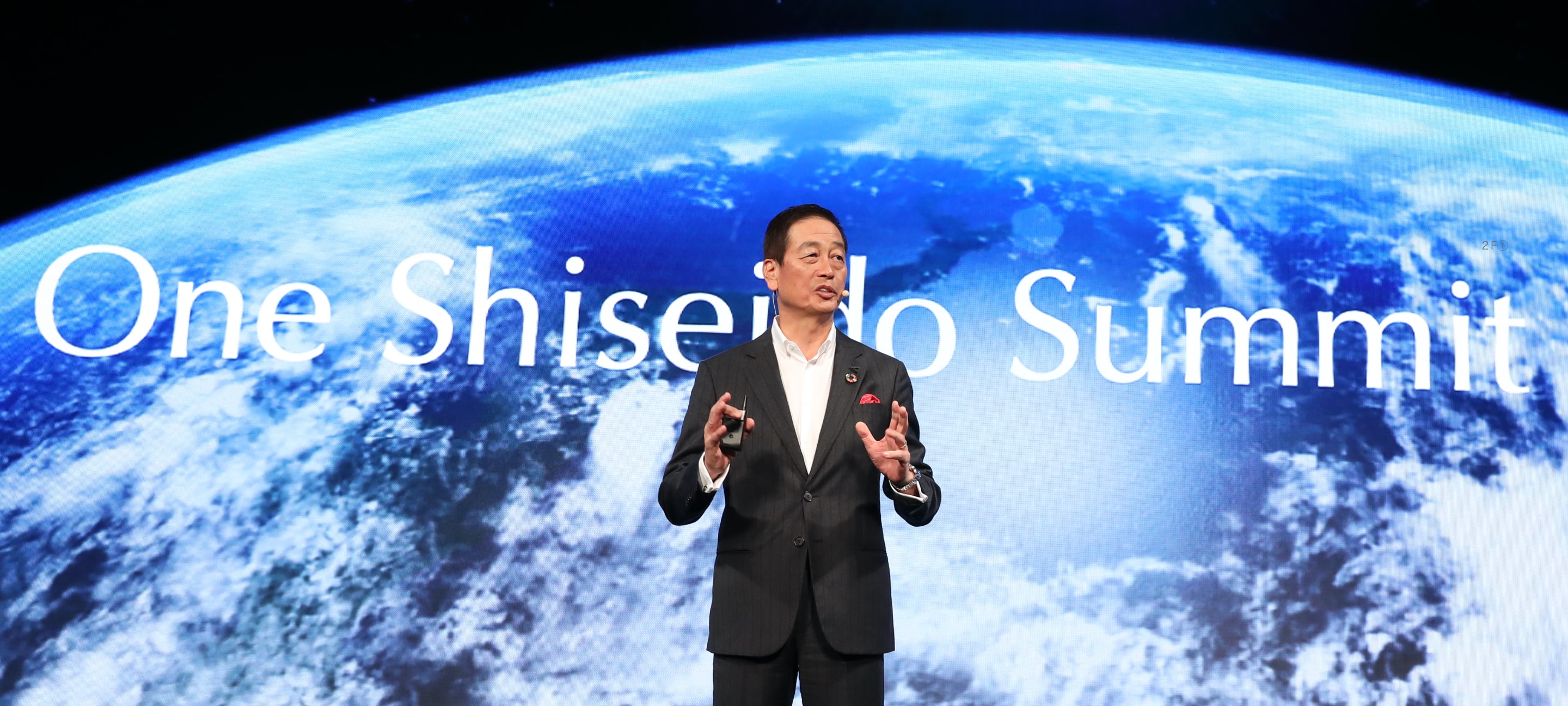
At the Fiscal Year 2021 earnings conference Shiseido Group President and CEO Masahiko Uotani revealed that the company's clean and sustainable beauty category has been growing.
“Last year skin beauty portfolio accounted for 64% of group’s sales, and will grow to 75% to 80% in 2022, which will help improve profitability." Masahiko Uotani said.
According to the financial report, Shiseido's annual revenue in 2021 was JPY 1,035.2 billion (RMB 56.91 billion), an increase of 12.4% year over year. Operating profit was JPY 41.59 billion (RMB2.29 billion), up 177.9% year over year.
The period from 2021 to 2023 is an important period for Shiseido to carry out "fundamental business transformation".
In 2020, after responding to the impact of the epidemic, the company re-adjusted its strategy, transformed its high-yield business structure, enhanced its cost competitiveness, and gradually strengthened its layout in the high-value-added skin beauty field, while "selling and selling".
Under the "WIN 2023" strategy, Udé was launched as part of Shiseido's plan to cultivate the beauty brands and strengthen its "Clean Beauty" portfolio.
There Are Already Two Major Clean Beauty Brands
Shiseido started planning in clean beauty brands long before the pandemic.
At the end of 2019 Shiseido acquired The Clean Beauty Representative Brand Drunken Elephant, accelerating its global rollout to markets such as Japan, South Korea, the Middle East, and travel retail. Drunken Elephant sales increased by 11% in 2021.

In the China domestic market Drunken Elephant recently had a clearance event due to the change of distributors, and Shiseido replied that the brand was in a distributor replacing process. This clearance event is also regarded by the outside world as an indication that the Drunken Elephant brand officially settled in the Chinese market and is preparing for the omni-channel layout.
In 2020 Shiseido launched high end beauty brand BAUM, themed around "coexistence with trees". BAUM is a sustainable beauty brand. It uses ingredients from the tree in its products and upcycled oak for its packaging. BAUM is ISO16128 standard compliant, with natural origin index over 90% for all cosmetics.
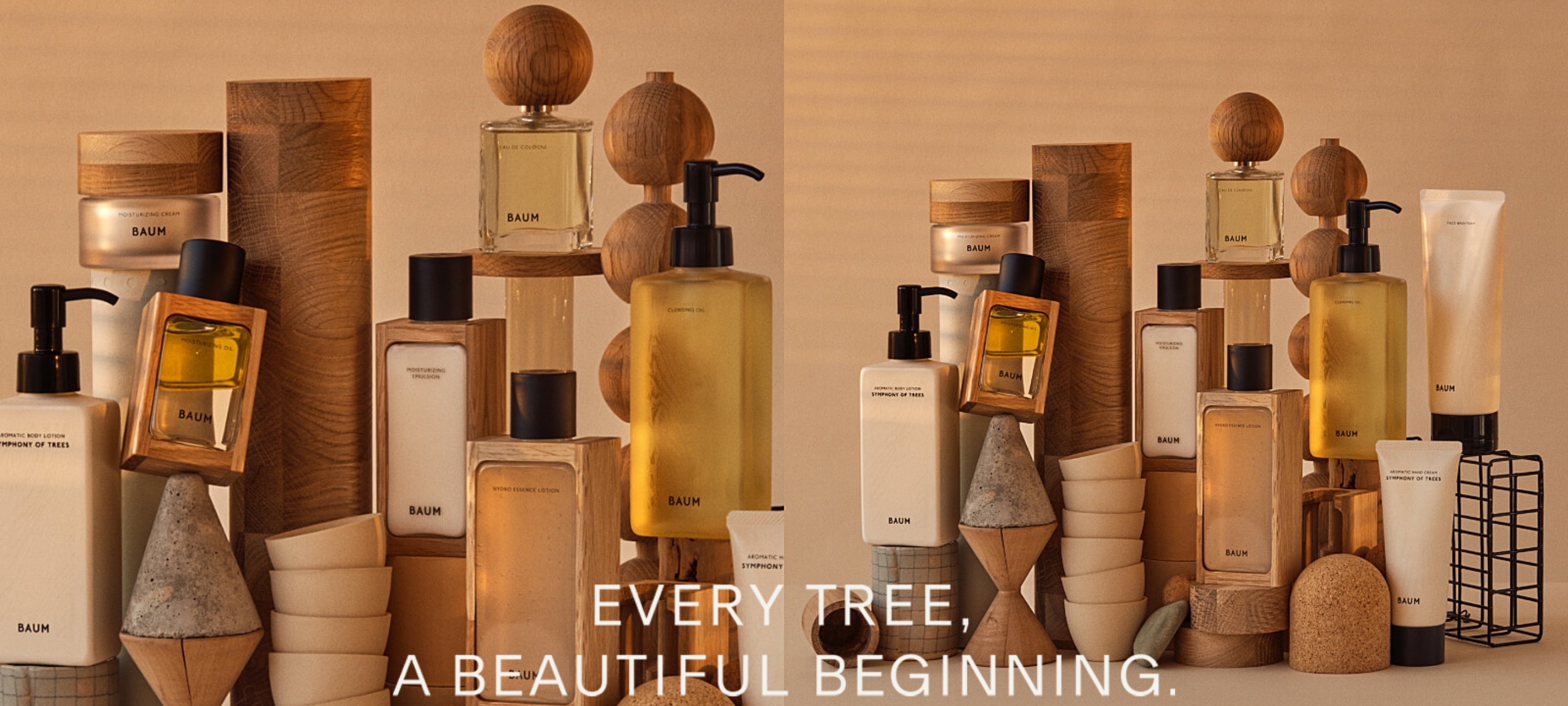
BAUM uses a variety of ingredients from trees in its products – trunks, skin, leaves, fruits and roots. BAUM introduced a series of environmental initiatives such as: using upcycled oak (left over from the furniture making process) for packaging; growing saplings in stores then planting them in BAUM forests; advocating for product refills; using bioPET plastics and recycled glass in glass containers; selling original eco bags to reduce waste.
When BAUM entered the Chinese market in September 2021 it chose TSUTAYA Bookstore as the pop-up store, attracting a large number of literary and artistic young consumers. Offline, BAUM chose HARMAY as the first channel for the Chinese market.
The Giants Bet Together
“Clean Beauty” is becoming one of the most popular trends in the world.
The big beauty groups with a keen sense have long been eyeing this "big pie" and have increased their planning in Clean Beauty through acquisition, investment, independent incubation & etc.
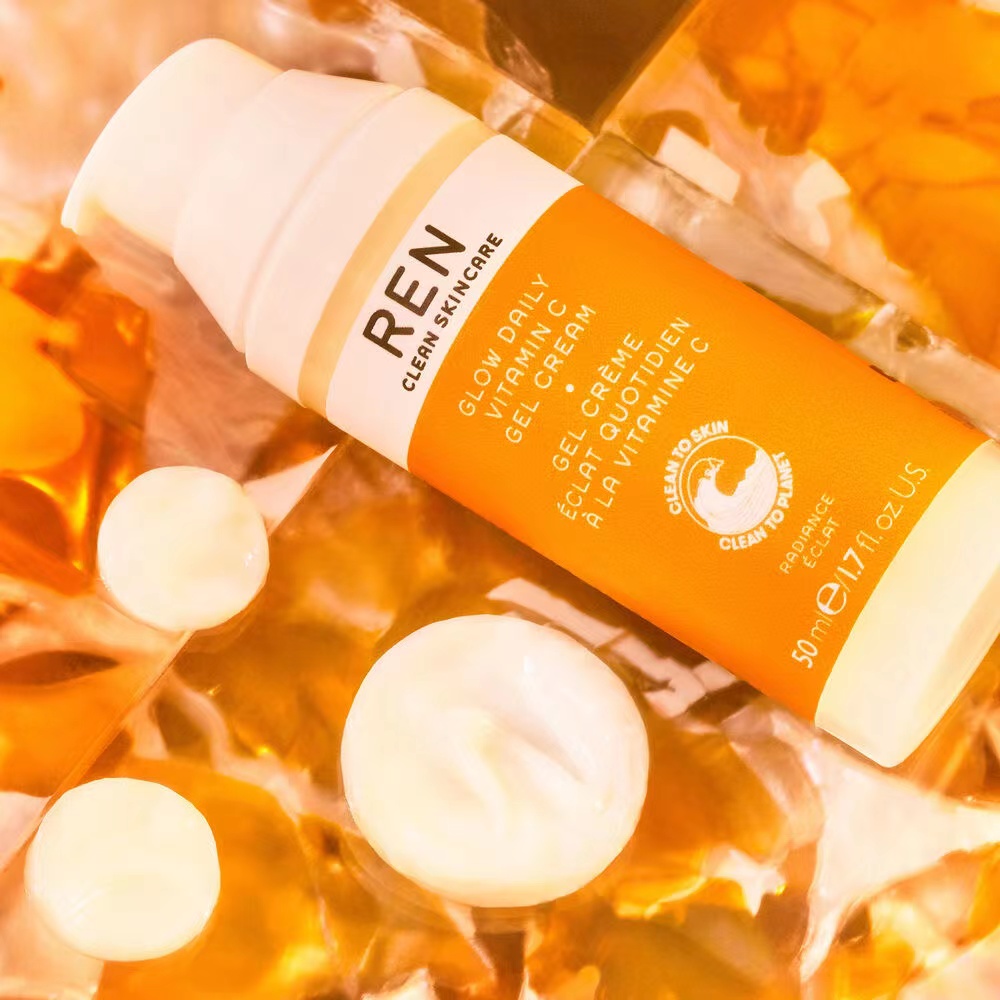
Ren, a British high end organic cosmetics brand acquired by Unilever in 2015, is considered the "originator" of Clean beauty (REN means clean in Swedish). In addition Unilever, through its venture capital arm Unilever Ventures, has invested in a number of brands focused on clean beauty: such as makeup brand Saie and skincare brand BYBI, etc.
In 2014 DECLEOR was formally acquired by L'Oréal Group, becoming the group's independent and only professional plant essential oil skincare brand, and entered the Chinese market with a high profile last year. In December 2021 L'Oréal acquired the American skincare brand Youth To The People, which advocates the use of superfood (foods with health-promoting properties) ingredients as cosmetic ingredients to create skin care products.
In 2020 LVMH group invested in Versed, a clean beauty brand as famous as Drunken Elephant. In same year, LG Household & Health Care acquired Physiogel, a clean beauty brand owned by GlaxoSmithKline.
To fill the gap in the field of natural skincare, Procter & Gamble acquired New Zealand repair & anti-aging high-end skincare brand SNOWBERRY in February 2018. First Aid Beauty, acquired in the same year, is positioned as a clean beauty and high-effective skin care brand for young people and has received strong support. Farmacy Beauty, acquired in 2021, works with farms in the world to develop natural ingredients for use in skincare products.
Previously, Estée Lauder invested in one of the largest acquisitions in history. The acquired Deciem owned a number of brands that advertised as Clean Beauty brands. In February this year Estée Lauder took minority equity investments in British sustainable beauty and fragrance brand Haeckels.
This trend also came to China. Among the new emerging brands there are Clean Beauty advocates, led by LAN and Dewy Lab.
According to the "2021 Clean Beauty Trend Analysis and Forecast" released by Beautydata.ai, in 2020 the global clean beauty market was USD$5.44 billion (RMB34.68 billion). It is expected to reach USD$11.56 billion (RMB73.68 billion) by 2027, with a compound annual growth rate of 12.07%.
With the beauty giants’ competition to develop in the market, Clean Beauty will usher in a round of explosive growth.
